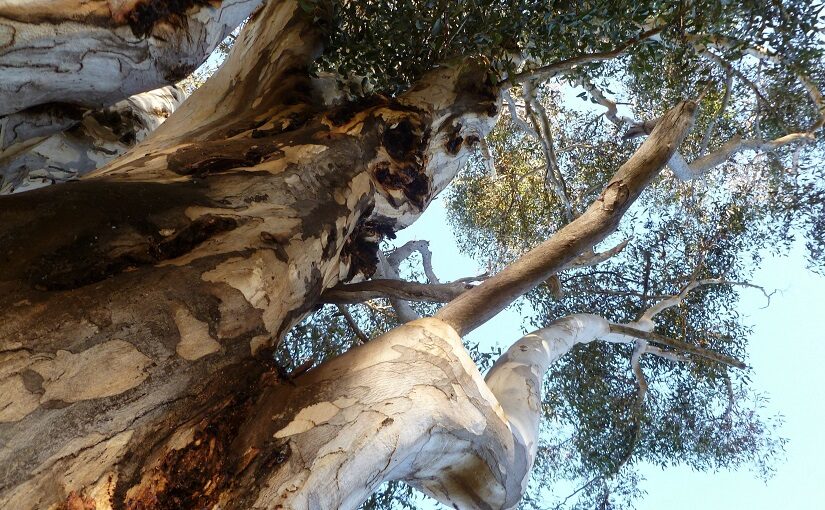Are we better off looking at life in terms of “being true to ourselves” or “valuable members of society”? Perhaps there’s simply a balance to be struck between them, as pursuing one at the cost of the other seems far from perfect: prioritising self without regard for social realities must be questionable, while playing our part seems fruitless if we’re never truly who we are.
If we were just to “fit in” – assuming whatever roles or obligations are asked of us in any given situation – aren’t we little different from machines? Fulfilling whatever programming those who designed us had in mind. All our actions being dictated by the needs of “society” seems a strangely top-down way of imagining the purpose of a human being: dreaming up systems, then assigning the parts we have to play. (Notes One)
Yet, if we don’t think at all of the collective nature of our lives, it seems unlikely we’d act wisely from that perspective. Aren’t we “naturally” quite self-centred? Our first priority, perhaps rightly, being our own survival or enhancement – whether that’s “us” as a person or as the community of family, friends or peers we’re feeling identified with. Our circle of interests, especially when under pressure, generally seems quite limited.
Having a sense for what each individual brings to life seems important, though: that we’re all filled with our own experiences, viewpoints, traits, concerns, and talents. Everyone being this completely irreplaceable version of “human” through having lived their lives their own unique way and brought out of that their own insights and capacities. The lived faces of all these systems we share.
If “to be human” is to stand in this world and make choices within it, finding the workable balance between personal integrity and collective integration seems the mystery we’re each presented with. Won’t there be countless “lines” where those interests are conflicting and, potentially, mutually incompatible? All these points where we have to let go of “self” for the sake of “others” or “cohesion.” (Notes Two)
Maybe “our role” is always to stand in that place between the individual and the collective? This sense in which we’re all unique, all human, yet all need to make space for everyone else if our ideals are to become a reality. Understanding where we stand – what our actions and interactions play into – then responding in ways that bring our vision of “what matters” to life seems one interpretation of human existence. (Notes Three)
Who’s to say, really? Maybe our role is whatever we choose to make it? We can stand within the collective realities that enrich and sustain our own mindfully or carelessly. We can let society define our lives so completely that we lose the sense of who “we” actually are. We can rail against the impertinence of anyone, individually or systemically, asking anything of us, or recognise the value in cooperation. (Notes Four)
While, by our nature, we exist in number, finding this balance between “us” and “everyone else” seems strangely elusive.
Notes and References:
Note 1: Treating people like sims?
Note 1: The difference humanity makes
Note 1: Value and meaning in our lives
Note 2: Society as an imposition?
Note 2: Authenticity & writing our own story
Note 2: What holds it all together
Note 3: The self within society
Note 3: What we create by our presence
Note 3: In the deep end…
Note 4: The incredible responsibility of freedom
Note 4: Common sense as a rare and essential quality
Note 4: Being trusted to use our discernment…

